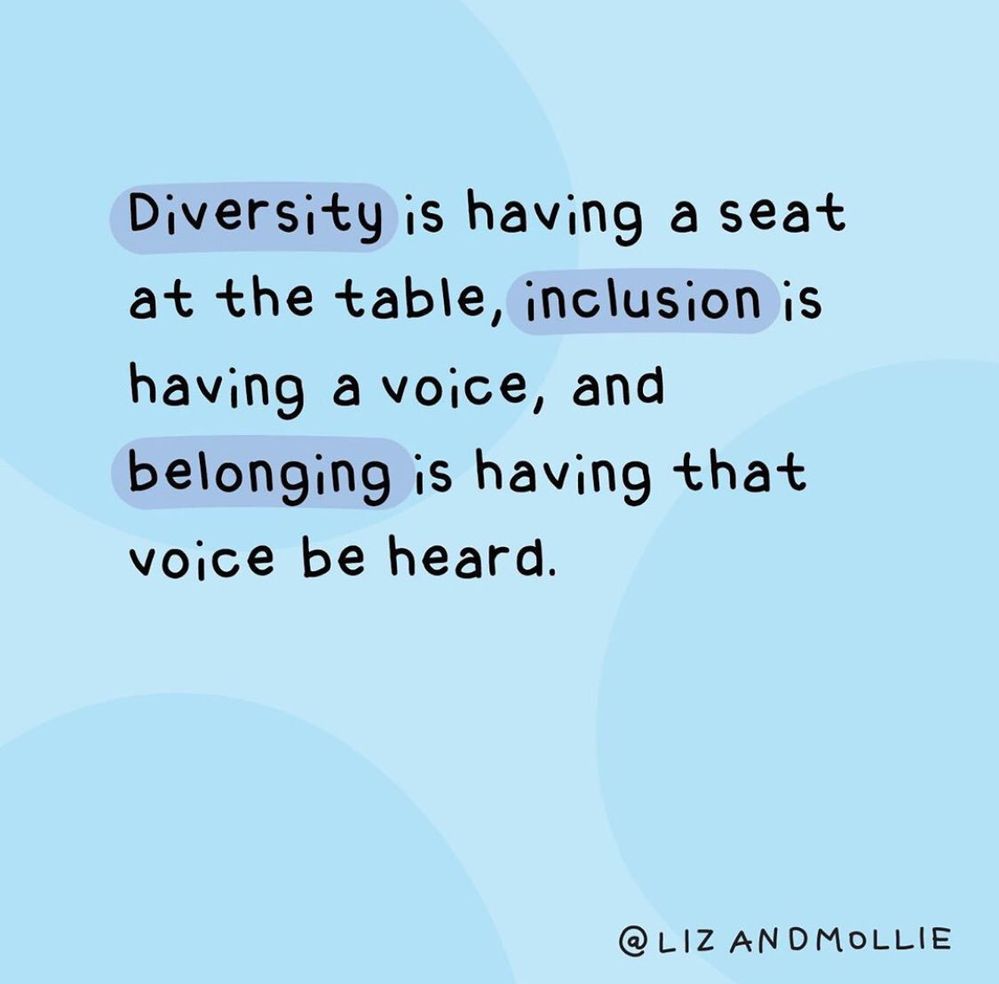Hi everyone, it’s been a while since I blogged, but I thought I would start writing about something which is important, both in school, university, the workplace and in our day-to-day lives.
In October, I was fortunate to be asked to speak at the University of Surrey Dyspraxia awareness event held in the psychology department, there I met researchers and academics who have been looking at various studies relating to dyspraxia and neurodiversity.
I was asked to speak about my personal experiences with dyspraxia as an adult, quite a nerve wracking experience but once I got into it I enjoyed it, as it has always been something very important to me that different voices are heard and that everyone feels like they have a place at the table.
When I first got asked to speak, I remember thinking to myself where do I begin or tell my story? But I decided to focus on curiosity. Growing up in Burnley in the 1990’s as I usually describe it to people as an hour near Manchester, people hadn’t heard much about dyspraxia, nor neurodiversity, I didn’t know anyone till I was in my early 20’s who was dyspraxic and it felt quite isolating.
Even though I knew I was physically not very graceful and very clumsy (my reception class photo is me in a sling) I didn’t know much about dyspraxia, had no idea what adjustments or support I needed, I was and still very much am very grateful for the support of my parents and the journey they went through. Dyspraxia doesn’t affect intelligence, and I often was told because academically I wasn’t very low or I didn’t have any behaviour issues I didn’t need support but at the same time, I was hugely underestimated I was always chosen last for P.E, the presentation of my work was often described as not trying hard enough, despite me having to put a lot more energy and effort into tasks and I was never included much or had many friends. I also was always loosing things, and struggled organising myself.
It’s really important that people are curious and get to know how people are affected as individuals and what might help one person and maybe might not help another. It’s also important that people are given a chance and an option. It’s not about who is necessarily the loudest or the fastest or has the most connections, it’s about making sure everyone feels like they are valued and appreciated.
Everyone may express themselves in different ways too, and different approaches may help people in different ways. That’s one thing I’ve learnt in my job as a learning support assistant, how different students respond to different approaches. It’s important to get to know, not assume what maybe might work for someone.
I also think it’s important as I explained in my speech that there’s a strengths based approach, also that people have hobbies and interests too. Please don’t initially assume someone doesn’t want to be part of something, ask someone, give someone the option let them decide if it’s for them or not.
Recently I moved my blog onto WordPress from Blogger, my previous domain had over to 337,000 blog views, thank you so incredibly much if you’ve taken the time to read my blog over the years,
Take care,
Until next time…..
Rosie x
